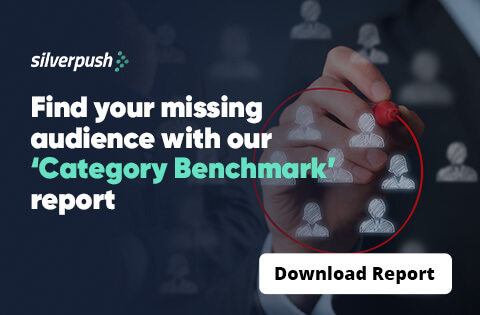Contextual Intelligence: Everything You Need to Know and Why It Matters | 18 Jul, 2022

Contextual intelligence is not an unheard term for the advertising industry, rather marketers have been knowing it for many years. What is happening now is that this form of advertising is undergoing a resurgence.
As users’ privacy concerns and brand safety woes continue to grow, marketers are seeking an ad targeting solution that does not make use of user data, provides impressive results, and at the same time, does not damage brand reputation. Such a solution is offered by contextual advertising, which involves the use of contextual intelligence for placing ads next to contextually relevant content only, thereby making ads interesting to consumers.
How Contextual Targeting Works?
In the realm of digital advertising, contextual advertising, also known as contextual ad targeting, makes use of contextual intelligence to deliver ads based on the content being viewed by users. It does not take into consideration who is viewing the content; its focus is just on the content itself. By comprehending what’s on a web page, contextual targeting communicates a brand’s message that is contextually relevant, and therefore, has a greater chance of driving action.
The major difference between contextual advertising and behavioral advertising is that context-based advertising uses a webpage’s content instead of data provided by third-party cookies to serve ads. Third-party cookies track the personal data of users, thus leading to data privacy issues.
An example that can be cited here is an airline company that wants to target people planning vacations. In order to reach the right people in the right context, it will display ads on web pages with content about destinations for vacation, resorts, hotels, beaches, etc. This contextual advertising campaign will enable the airline to reach a relevant audience. In order to ensure brand safety and suitability, the campaign will avoid ad placement against content related to natural calamities such as hurricanes, storms, tornadoes, etc.
Advantages of Contextual Intelligence for Advertisers
Contextual intelligence offers many advantages to digital advertisers as discussed below:
1. Compliance with Data Privacy Regulations
Contextual intelligence enables marketers to deliver ads without using the personal data of users. Thus, contextual targeting is fully compliant with data privacy laws such as the GDPR and the California Consumer Privacy Act (CCPA).
2. Reach Maximum Audience
Advertising campaigns powered by AI-based contextual advertising technology are able to reach the maximum audience. This is because artificial intelligence and machine learning algorithms allow precise targeting of a maximum number of contextually relevant web pages.
3. Increase Consumer Engagement
As contextual intelligence enables delivering ads that align with the content that people are engaging with, it leads to increased engagement of consumers with the ads. The increased engagement results in a higher chance of people clicking on the ad and reaching the product web page on the brand’s website. This ultimately leads to increased sales.
4. Ensure a Brand Safe and Suitable Environment
Contextual intelligence helps brands place their ads in an unsafe and unsuitable environment. It allows brands to take into consideration the socio-cultural trends so that their messages do not appear against inappropriate content. In the world of programmatic advertising, brands do not have control over where their ads will be placed. By adopting AI-powered contextual advertising solutions, brands can prevent negative associations.

BLOGS
Migrate from Oracle to Silverpush: Unlock Advanced Contextual Advertising Solutions
The news that Oracle plans to shut down its advertising business by the end of September has sent shockwaves through the ad industry. Once the most prominent advertising data seller in the market, Oracle is now closing its advertising division. This included Datalogix for offline consumer data, Grapeshot for contextual ...

BLOGS
Cannes 2024 Recap: Silverpush Takes AI Discussions to the French Riviera
As Cannes 2024 concludes, the echoes of vibrant discussions, insightful panels, and significant meetings continue to resonate. This year’s central theme was clear: AI's growing dominance in advertising solutions, optimizing campaigns for business outcomes, and reaching audiences effectively across various screens. With videos becoming increasingly digital, the potential for more addressable ...

BLOGS
UK Programmatic Advertising Spending & Trends in 2024
In 2023, programmatic advertising spending in the UK reached roughly £30.6 billion. The programmatic display advertising market is projected to grow by 12.6% in 2024, bringing it to within just four percentage points of becoming fully programmatic. This highlights how integral this technology has become to the UK ad industry. ...







